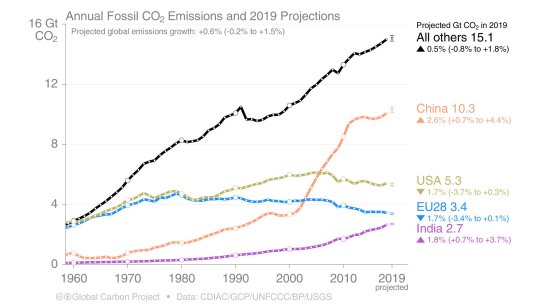If you know what short selling is, then this article will interest you and surprise you. Short selling is an investment technique. For example, assume Company X is selling a pharmaceutical drug that allegedly cures some disease (name it). Word is out that the drug isn’t as effective as promised, although Company X and its tribe of supporters are controlling the narrative. Most of us think Company X is doing great. Assume its stock is selling for $100, but the short sellers believe that it is way overvalued. So, the short seller borrows 1000 shares from any shareholder, then sells those shares and realizes $100,000 ($100 per share times 1,000 shares). The short seller waits, and sure enough, doubts creep into the market and the stock drops to $40 by the time the short seller is required to return the shares to the original lending shareholder. The short seller buys the shares at $40, for an aggregate of 450,000. Short seller has made $60,000 profit on the transaction. Short seller sold the shares she/he borrowed for $100,000, but only had to spent $40,000 to buy them back. Bingo!
This article tells us that some short sellers are out there, hunting for companies who may be green-washing, or touting ESG values (environmental, social and governance) that are overblown. Once the market realizes that some of these companies are full of ESG shit or are green-washing, then they pounce.
Excerpt from this story from
Reuters:
Tens of trillions of global investment dollars are pouring into companies touting robust environmental, social and governance credentials. Now short-sellers spy an opportunity.
Such hedge funds, often cast as villains of the piece because they bet against share prices, scent a profit from company valuations they believe are unduly inflated by ESG promises or which they say ignore risks that threaten to undermine the company’s prospects.
Investments defined as “sustainable” account for more than a quarter of all assets under management globally, according to the Global Sustainable Investment Alliance. About $31 trillion has been invested, buoyed by analyst reports that show companies with strong ESG narratives outperform their peers.
Some short-sellers, including Carson Block of Muddy Waters, Josh Strauss of Appleseed Capital and Chad Slater of Morphic Asset Management, argue share prices can be bolstered by corporate misrepresentation about sustainability, or so-called “greenwashing”.
“Greenwashing is absolutely rampant now,” says Slater, whose fund bets on both rising and falling share prices. If companies fail to engage with long-term investors, he sees a red flag.
“From the short side, it’s quite interesting.”











